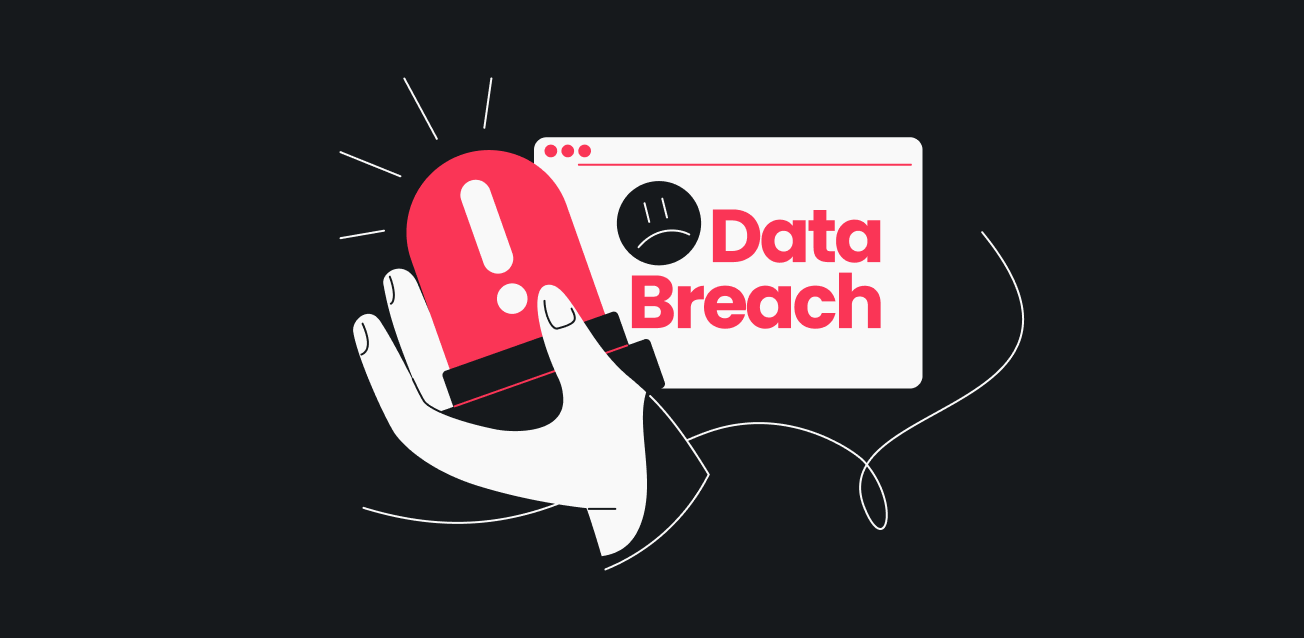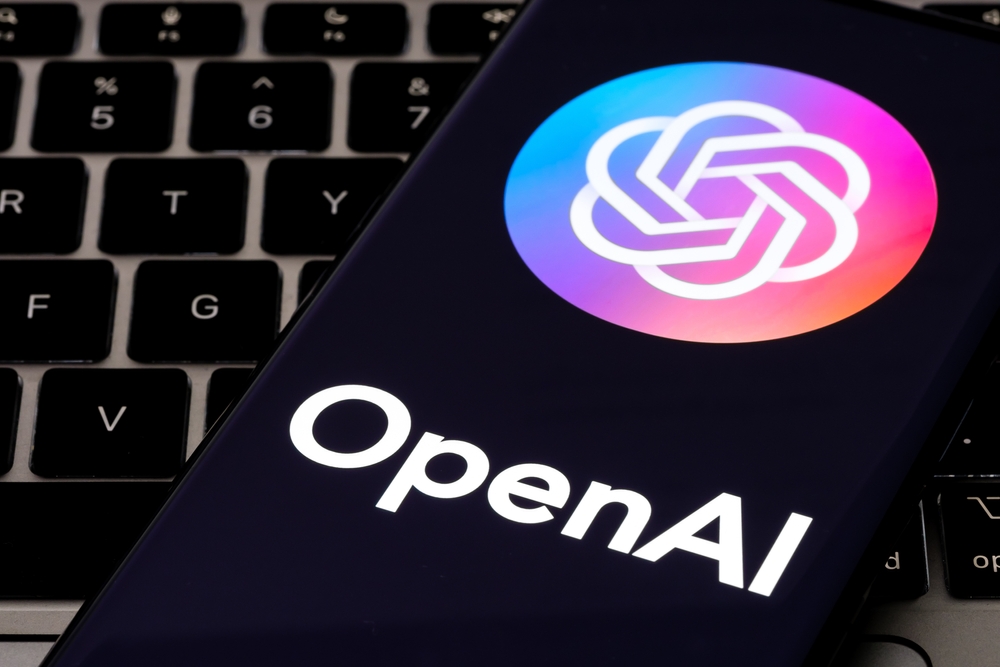OpenAI Investigating Claims of Data Breach
The ChatGPT maker, OpenAI, is currently looking into reports of a potential data breach that may have affected millions of user accounts. Despite these claims, the company has stated that it has not yet found any evidence to support the alleged breach.
The reported breach, which began circulating on a hacking forum last Friday, suggests that a threat actor has compromised the login credentials of approximately 20 million OpenAI accounts, including email addresses and passwords. The individual behind these claims has even provided a sample of the stolen data and is attempting to sell the complete dataset.

While the credibility of these claims has not been verified, OpenAI has emphasized that it is treating the reports with utmost seriousness and is actively conducting an investigation into the matter.
OpenAI Responds
In response to the situation, an OpenAI spokesperson stated, "We take these claims seriously. We have not seen any evidence that this is connected to a compromise of OpenAI systems to date."
OpenAI, renowned for developing ChatGPT, the popular AI chatbot that gained significant traction since its initial release in late 2022, is urging consumers to exercise caution. Cybersecurity expert Jamie Akhtar, CEO, and co-founder of CyberSmart, advised users to update their passwords and login credentials as a preventive measure.

If the breach is confirmed, Akhtar warned of potential severe consequences for both OpenAI and its customers. The compromised accounts could be exploited by cybercriminals to access sensitive customer data, abuse OpenAI's APIs, distribute malware, or engage in phishing campaigns, identity theft, or financial fraud.
Privacy-preserving AI development with Azure & Gretel
Akhtar further suggested enabling multi-factor authentication within OpenAI's settings for an added layer of security, even in cases where passwords may have been compromised.
As the investigation unfolds, OpenAI aims to ensure the security and trust of its user base while addressing any potential vulnerabilities that may arise.










